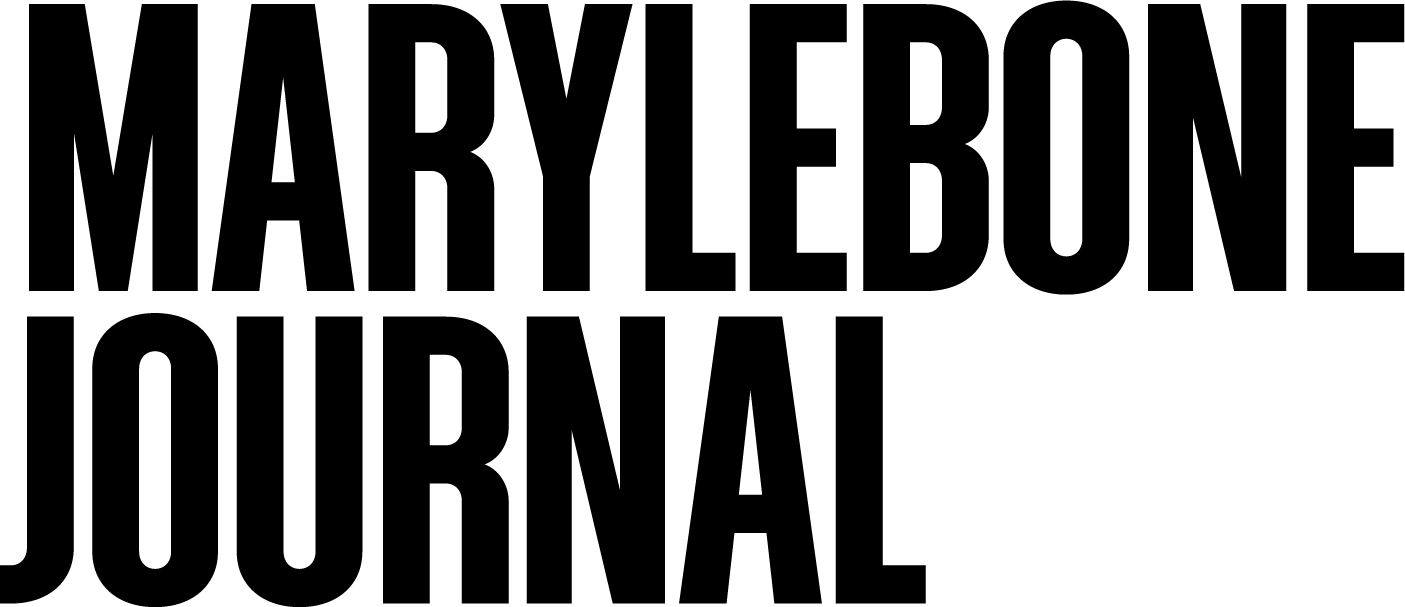ASK THE EXPERTS
Jeremy and Michael Cohen of Jeremy James on the ins and outs of letting medical consulting suites
Interview: Ellie Costigan
How do leases for medical consulting suites differ from residential?
Jeremy: For medical properties, we don’t tend to deal with one-year leases because there’s quite a lot of work involved and for one year, it simply isn’t economical. Ordinarily, three years is the minimum lease period.
Michael: There are lots of dentists in the area—converting a suite for dental use is expensive, because you’ve got the machinery, the chairs, the plumbing. A dentist would therefore want a lease of at least 10 to 15 years, because they need to make sure they will get some sort of return.
What factors need to be considered when seeking a medical property?
J: Ordinarily the doctors like to see that there’s a sink in their room. That’s often quite a big factor. Whether it is make or break depends on what their specialism is—a paediatrician or gynaecologist, for example, wouldn’t take out a room without one. In a lot of cases, consultants also like to see that there’s a room for their secretary very close by.
The buildings tend to be listed, which often means you can’t change the layout, and that does complicate matters if you want to carry out certain medical treatments within the building. Invariably one must go through the City of Westminster. For people who don’t know how it works, that can be a little off-putting.
What about the tenants—are there certain criteria as to who you will or can let to?
J: As the area’s landlord, The Howard de Walden Estate likes to see—and rightly so—that the doctors or physicians that take leases on their properties are medically qualified and registered with the General Medical Council. Applications are checked and reported to The Howard De Walden Estate.
M: They want to maintain the district as a centre of medical excellence, where every possible need is catered for. Patients are covered on all bases: you’ve got every type of doctor possible, and if they decide you need to see somebody else, they can refer you to someone just down the street. People travel from far and wide specifically to go to these hospitals and physicians.
Does being rooted in the area help in terms of advising clients on potential obstacles?
J: I like to think so. We are well known for dealing with medical consulting suites. We’ve been in the area for more than 30 years, so we have got to know the medical market very well. I know most buildings in the area, and Michael is becoming much more familiar. We know a lot of the doctors and physicians.
M: We’re positioned in the centre of it all, so every building is within walking distance. And if I don’t know the answer to a question, my dad will. They will have the information that they need very quickly.
What is the market like for medical property?
J: At the moment, demand outweighs supply. There isn’t much available and what is tends to go quite quickly. Rents have crept up quite slowly over the years and now it’s a healthy rate per square foot. Whereas commercial and residential markets go up and down, medical tends to stay firm.
M: I can’t see that changing. This really is the area for medical expertise. There are hospitals that have been here for many years—The Harley Street Clinic, The Princess Grace, The London Clinic—and many more that have arrived recently. Harley Street has a name worldwide and people know they will get the best possible care here.

